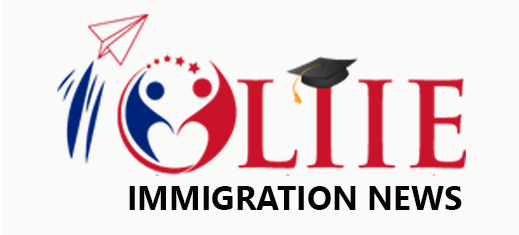The UK Home Office has announced a series of significant immigration rule changes, following the publication of a new Statement of Changes on 14 October 2025. These reforms, many of which were previewed in the Immigration White Paper earlier this year, will have a direct impact on employers and sponsors of international workers under the Skilled Worker route and other economic migration pathways.
Higher English Language Requirement from January 2026
One of the most notable changes is the increase in the English language requirement for economic migration routes. From 8 January 2026, applicants under the Skilled Worker, Scale-up and High Potential Individual (HPI) routes will be required to meet CEFR Level B2, up from the current B1 threshold.
Transitional protection will apply: applicants extending their stay on the same route who were originally granted permission at B1 level will not need to meet the higher standard.
Employers are encouraged to factor this change into recruitment timelines and inform recruiters and candidates early to avoid delays or refusals.
Graduate Route Shortened to 18 Months
From 1 January 2027, the period of stay under the Graduate route will be reduced from two years to 18 months, although PhD or doctoral graduates will continue to receive three years of permission.
This measure aims to encourage faster progression into skilled employment. Employers relying on the Graduate route as a bridge to sponsorship should review workforce planning to ensure that transition points remain workable.
High Potential Individual (HPI) Route Expansion and Cap
The HPI route will undergo two key reforms effective 4 November 2025:
The Global Universities List will be doubled, widening the pool of eligible graduates.
A new annual cap of 8,000 applications will be introduced.
The B2 English language requirement for this route will come into force on 8 January 2026, in line with the Skilled Worker changes.
New Visa Requirement for Botswana Nationals
Effective immediately from 14 October 2025, nationals of Botswana will require a visit visa to enter the UK. This may affect business travel and corporate mobility planning.
Impact on Employers and Sponsors
Recruitment pipelines: Employers must adjust hiring strategies and pre-screening processes to ensure candidates can meet the B2 English level across all four components — reading, writing, listening, and speaking.
Graduate route planning: The shortened post-study period will require earlier sponsorship decisions for Graduate visa holders.
HPI route opportunities: With an expanded eligible university list and an annual cap, employers may consider the HPI route as an alternative to sponsorship for attracting global talent.
Immigration Skills Charge Set to Increase
Separately, the government has confirmed plans to raise the Immigration Skills Charge (ISC) for sponsoring employers. The charge, currently £1,000 per year (or £364 for small sponsors), will increase by 32% to £1,320 per year (and £480 for small sponsors).
No implementation date has been confirmed, but the change is expected before the end of 2025.
Source: LIIE IMMIGRATION


